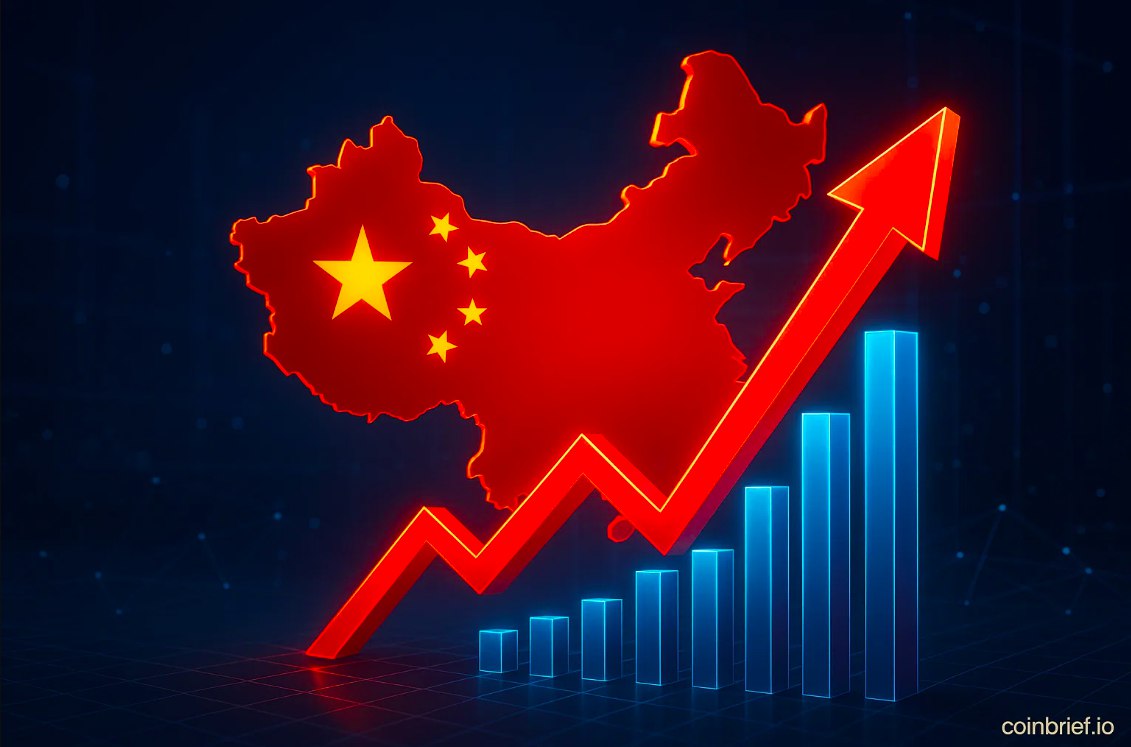- Google and Apple request 1:5,000 scale maps for export abroad.
- National security concerns could block sensitive site data.
- Government decision expected around November 11, 2025.
South Korea is on the brink of a major decision that could reshape how global tech giants handle its geographic data. The government is weighing whether to allow Google and Apple to export high-resolution map data, offering unprecedented detail of streets, buildings, and alleys. While the potential benefits are significant, regulatory and national security concerns remain at the forefront.
National Security Concerns Take Center Stage
During a recent parliamentary audit, lawmakers questioned Google Korea’s repeated requests for detailed 1:5,000 scale maps. Critics warn that combining these maps with satellite imagery could expose sensitive military sites, a particularly delicate issue given South Korea’s ongoing technical state of war with North Korea. Past attempts in 2011, 2016, and earlier this year to gain approval were rejected unless Google obscured critical locations and maintained a local data center—conditions the company initially declined.
Apple is facing similar scrutiny. While it operates local servers, allowing faster government oversight, Google currently stores map data abroad, complicating South Korea’s regulatory oversight. Authorities are pressing both companies to ensure sensitive sites remain masked, balancing innovation with security.
The Stakes for Tech and Innovation
High-resolution maps could improve navigation, boost tourism, support smart city initiatives, and even aid emerging technologies like self-driving cars and drone deliveries. Domestic apps like Naver Map, T Map, and Kakao Map already provide detailed 1:5,000 scale data, giving them a competitive edge. Opening access to Google and Apple could level the playing field—or tilt it further toward U.S. tech firms.
The government’s decision, expected around November 11, follows a 60-day review extension by the Ministry of Land, Infrastructure, and Transport. Officials are carefully weighing economic and technological benefits against national security and sovereignty concerns.
Also Read: Google’s $15 Billion AI Bet: Inside India’s Biggest Tech Investment Yet
A Delicate Balance Ahead
South Korea’s approach reflects a broader global trend: countries are increasingly cautious about sharing high-resolution geospatial data. From Israel to Ukraine, governments have restricted sensitive map data to protect military and civilian security. How Seoul navigates this decision will set a precedent for balancing innovation with national safety in the digital age.
Disclaimer: The information in this article is for general purposes only and does not constitute financial advice. The author’s views are personal and may not reflect the views of CoinBrief.io. Before making any investment decisions, you should always conduct your own research. Coin Brief is not responsible for any financial losses.




